AWS just dropped $650 million on a data center built next to a 2.5 gigawatt nuclear power station - and it still might not be enough to keep pace with surging future energy demands
The AWS acquisition will see it take over a data center complex next to a 2.5 gigawatt nuclear power plant in Pennsylvania
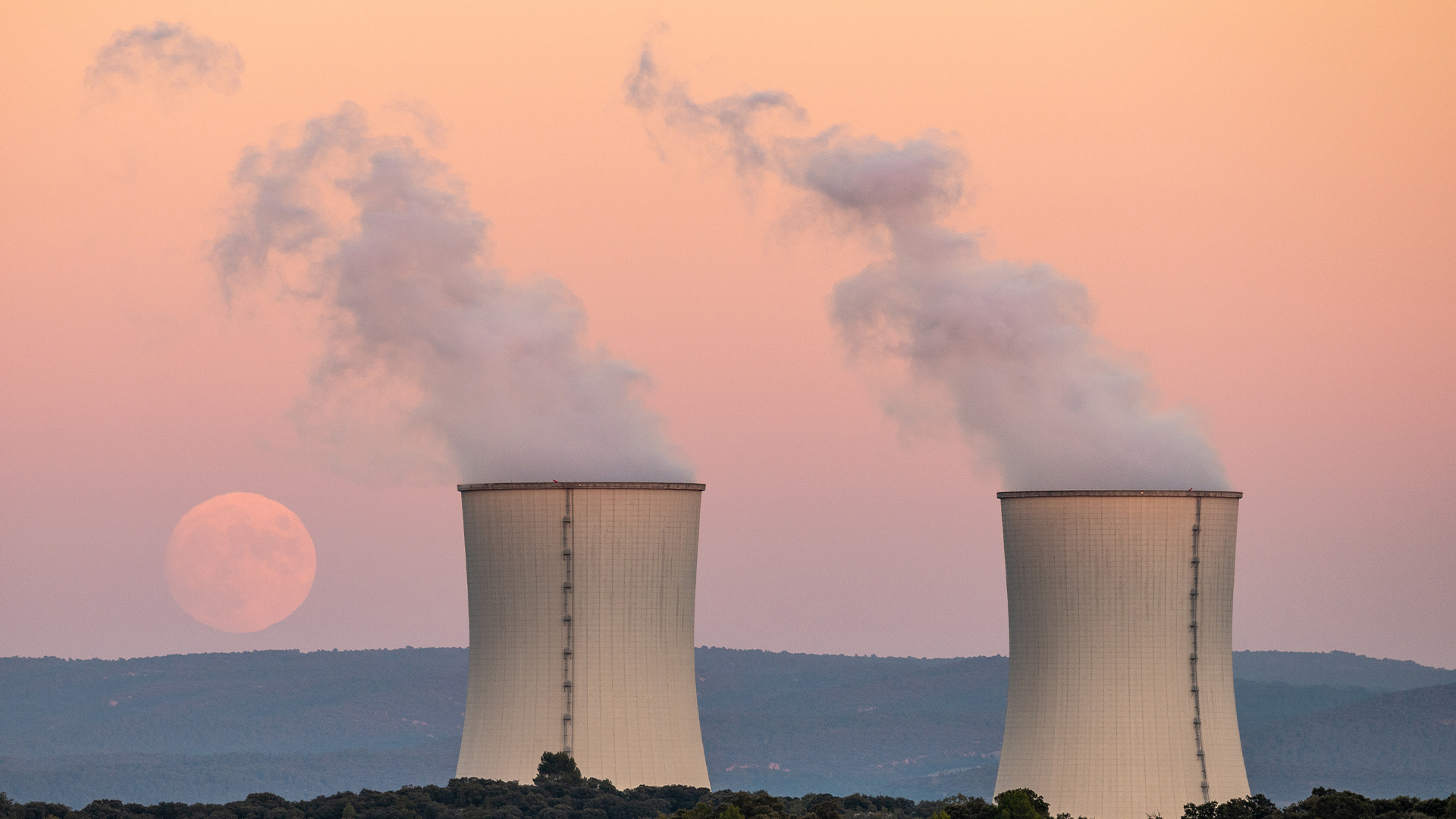

Amazon Web Services (AWS) has announced plans to acquire a nuclear-powered data center campus as part of a major deal with a US-based electricity provider.
The cloud giant confirmed it will acquire the Cumulus data center complex, located next to the 2.5 gigawatt Susquehanna nuclear power station in Pennsylvania, as part of a $650 million deal with Talen Energy.
Talen said the deal will see AWS gain access both to the data center facility along with the power infrastructure of the adjacent nuclear station.
Talen Energy will provide AWS with direct access to energy from the site, the company confirmed, with the cloud provider expecting to have up to 960 megawatts of power at its disposal in the coming years.
AWS eyes alternative energy sources
The announcement is the latest in a string of moves by Amazon aimed at diversifying its energy sources and reducing carbon emissions.
Last month, the company signed an agreement with Oregon-based wind farm provider Avangrid to tap into renewable energy sources. The site, which includes 40 wind turbines, is capable of delivering up to 90 megawatts of power.
Across 2023, Amazon ramped up renewable energy investments, with company statistics showing it was the largest corporate buyer of clean energy sources globally, investing in more than 100 solar and wind energy projects.
Get the ITPro daily newsletter
Sign up today and you will receive a free copy of our Future Focus 2025 report - the leading guidance on AI, cybersecurity and other IT challenges as per 700+ senior executives
This surge in funding for renewable energy forms a core part of its efforts to reach net zero emissions by 2040.
The rise of the nuclear-powered cloud
AWS isn’t alone in exploring the potential of nuclear power to support data center operations, either. In 2022, Microsoft unveiled a power purchase agreement with US-based Helion Energy as part of a contract to build an operational nuclear fusion plant.
Media reports in September last year suggested that the tech giant was hiring for a principal program manager to lead its nuclear energy strategy. A job listing by the firm said it was seeking someone to “lead project initiatives for all aspects of nuclear energy infrastructure for global growth”.
RELATED WHITEPAPER
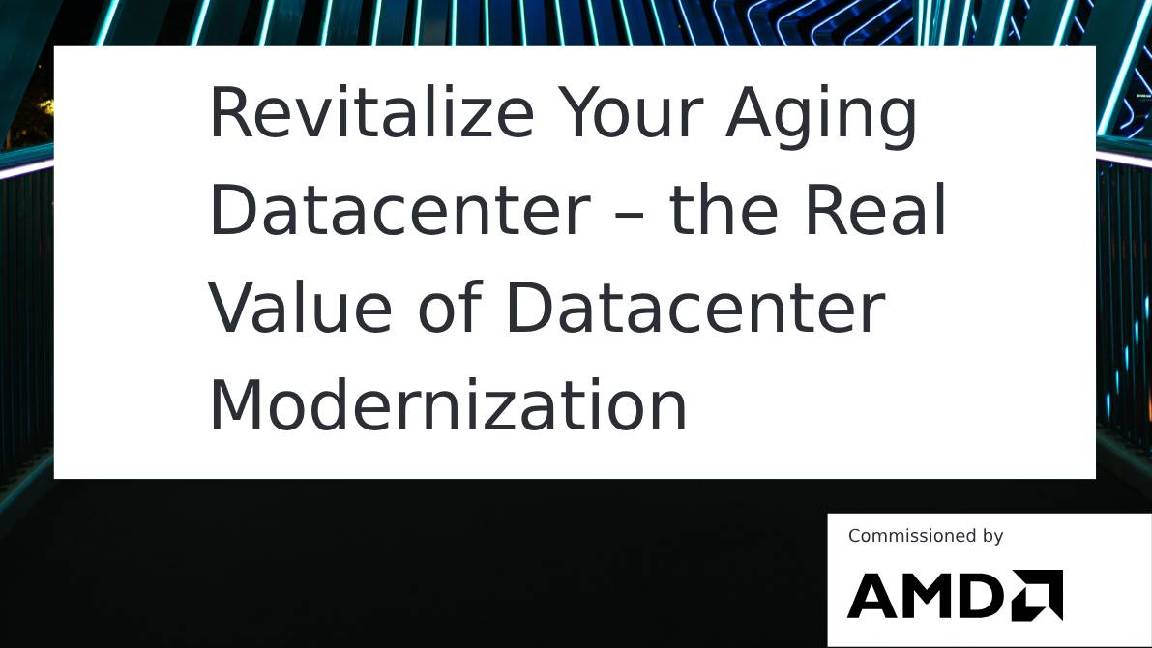
In January, the company hired Archana Manoharan as director of nuclear technologies to lead the development of small-scale atomic reactors.
Manoharan previously served as director for nuclear strategy and programs at Ultra Safe Nuclear Corporate (USNC), an organization specializing in the development of Micro Modular Reactor (MMR) technologies.
With data center energy demands skyrocketing globally over the last 18 months, hyperscalers are looking to alternative sources of clean energy to meet insatiable customer appetites.
A recent study from JLL found that generative AI and high-performance computing (HPC) workload demands were pushing data center operators to near-breaking point.
Generative AI specifically is expected to be a major driver of global electricity consumption in the coming years, according to research, with the European Commission estimating that power demands will have increased 60% by 2030.
The current situation means many data center operators are struggling to meet surging power requirements ranging between 300MW to 500MW, prompting a drastic shift in site selection criteria and design.

Ross Kelly is ITPro's News & Analysis Editor, responsible for leading the brand's news output and in-depth reporting on the latest stories from across the business technology landscape. Ross was previously a Staff Writer, during which time he developed a keen interest in cyber security, business leadership, and emerging technologies.
He graduated from Edinburgh Napier University in 2016 with a BA (Hons) in Journalism, and joined ITPro in 2022 after four years working in technology conference research.
For news pitches, you can contact Ross at ross.kelly@futurenet.com, or on Twitter and LinkedIn.
-
 Bigger salaries, more burnout: Is the CISO role in crisis?
Bigger salaries, more burnout: Is the CISO role in crisis?In-depth CISOs are more stressed than ever before – but why is this and what can be done?
By Kate O'Flaherty Published
-
 Cheap cyber crime kits can be bought on the dark web for less than $25
Cheap cyber crime kits can be bought on the dark web for less than $25News Research from NordVPN shows phishing kits are now widely available on the dark web and via messaging apps like Telegram, and are often selling for less than $25.
By Emma Woollacott Published
-
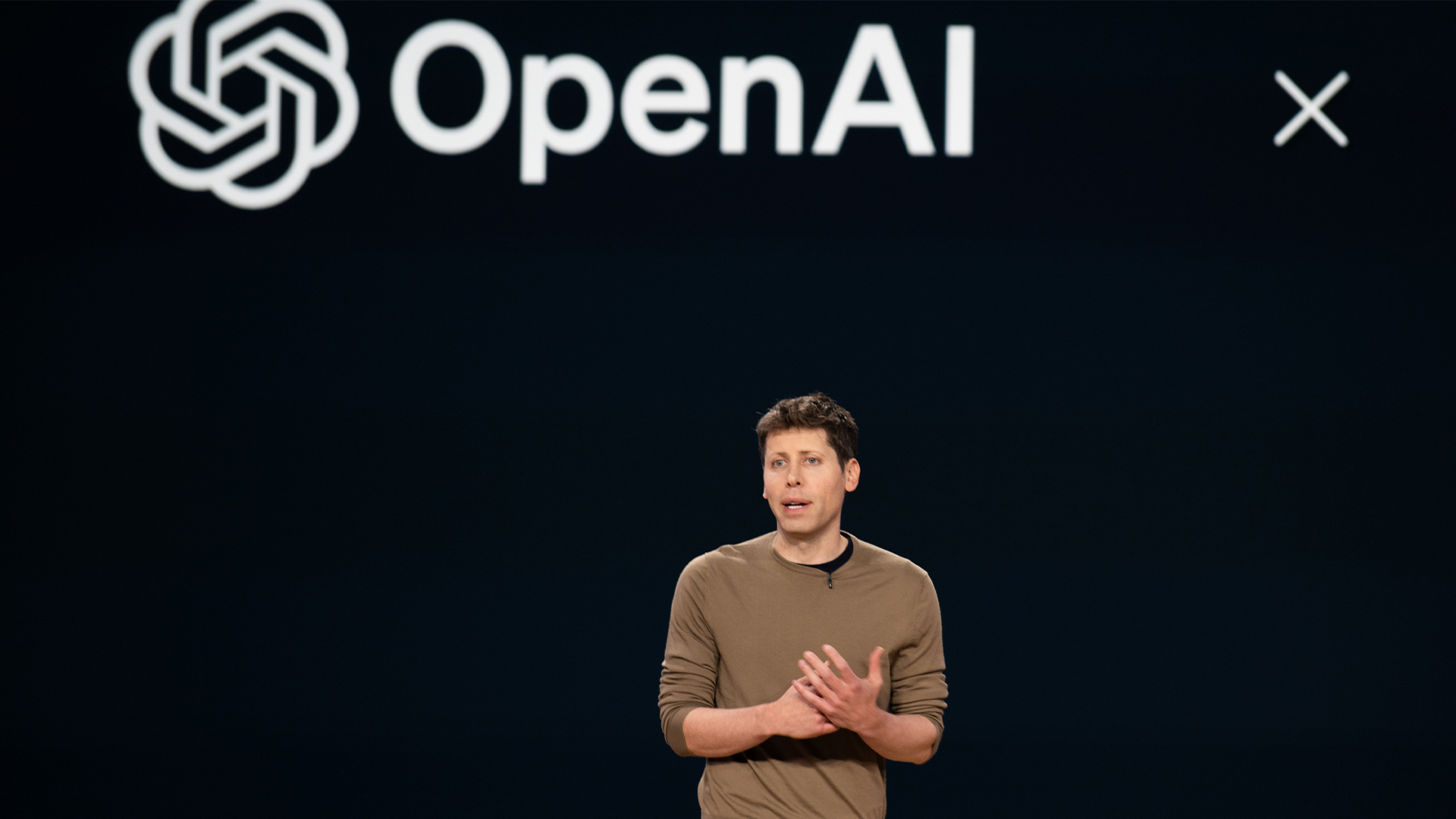 OpenAI inks $12bn CoreWeave deal in latest move away from Microsoft
OpenAI inks $12bn CoreWeave deal in latest move away from MicrosoftNews Cloud infrastructure company CoreWeave will supply OpenAI with infrastructure to run the firm's latest models in a deal worth nearly $12 billion.
By Nicole Kobie Published
-
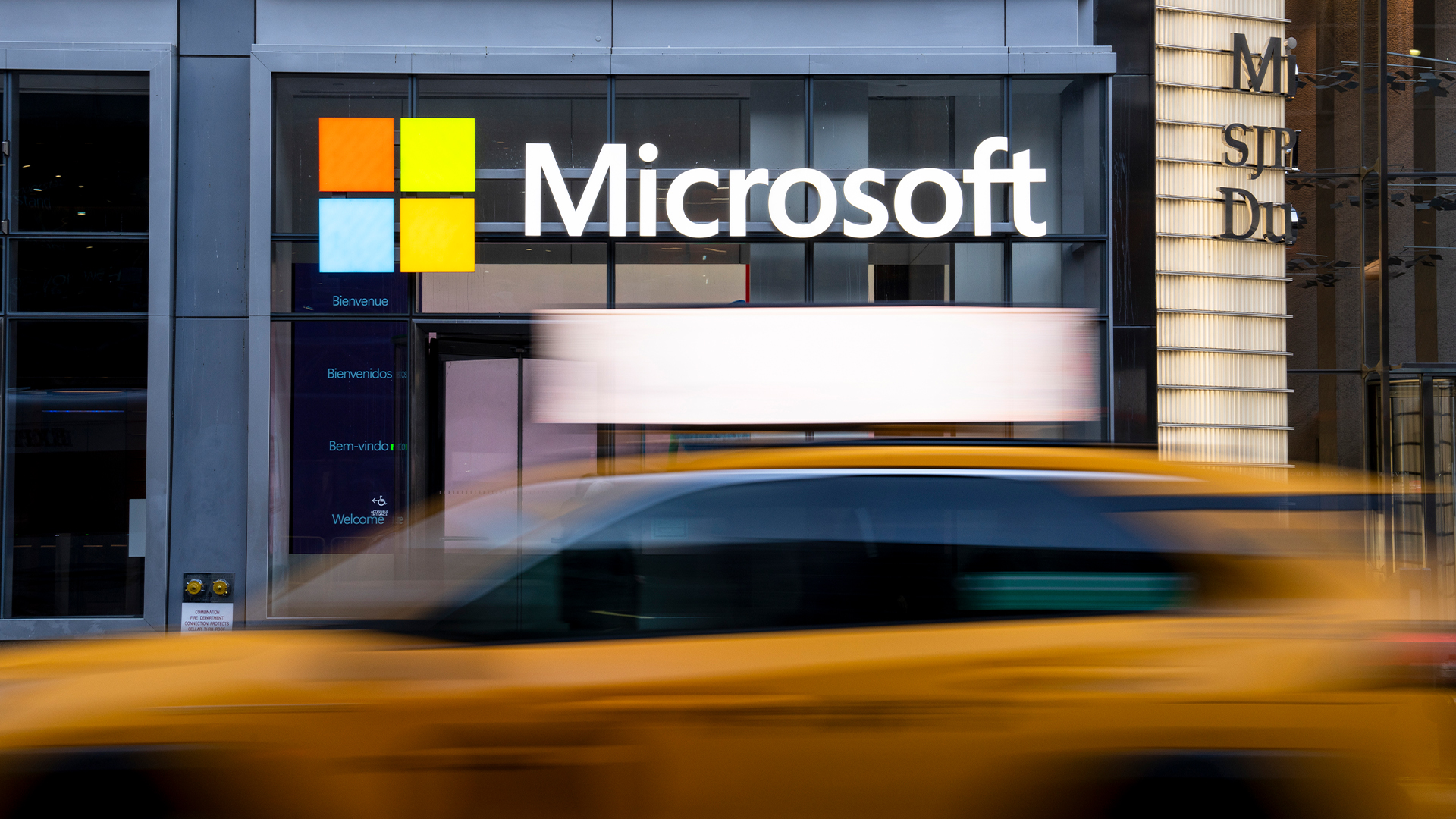 Analysts think Microsoft's data center rollback is bad news for the AI boom – but the company says not to worry
Analysts think Microsoft's data center rollback is bad news for the AI boom – but the company says not to worryNews Microsoft has reportedly ended leases for a significant amount of data center capacity, sparking debate over whether the AI boom is starting to falter.
By Nicole Kobie Published
-
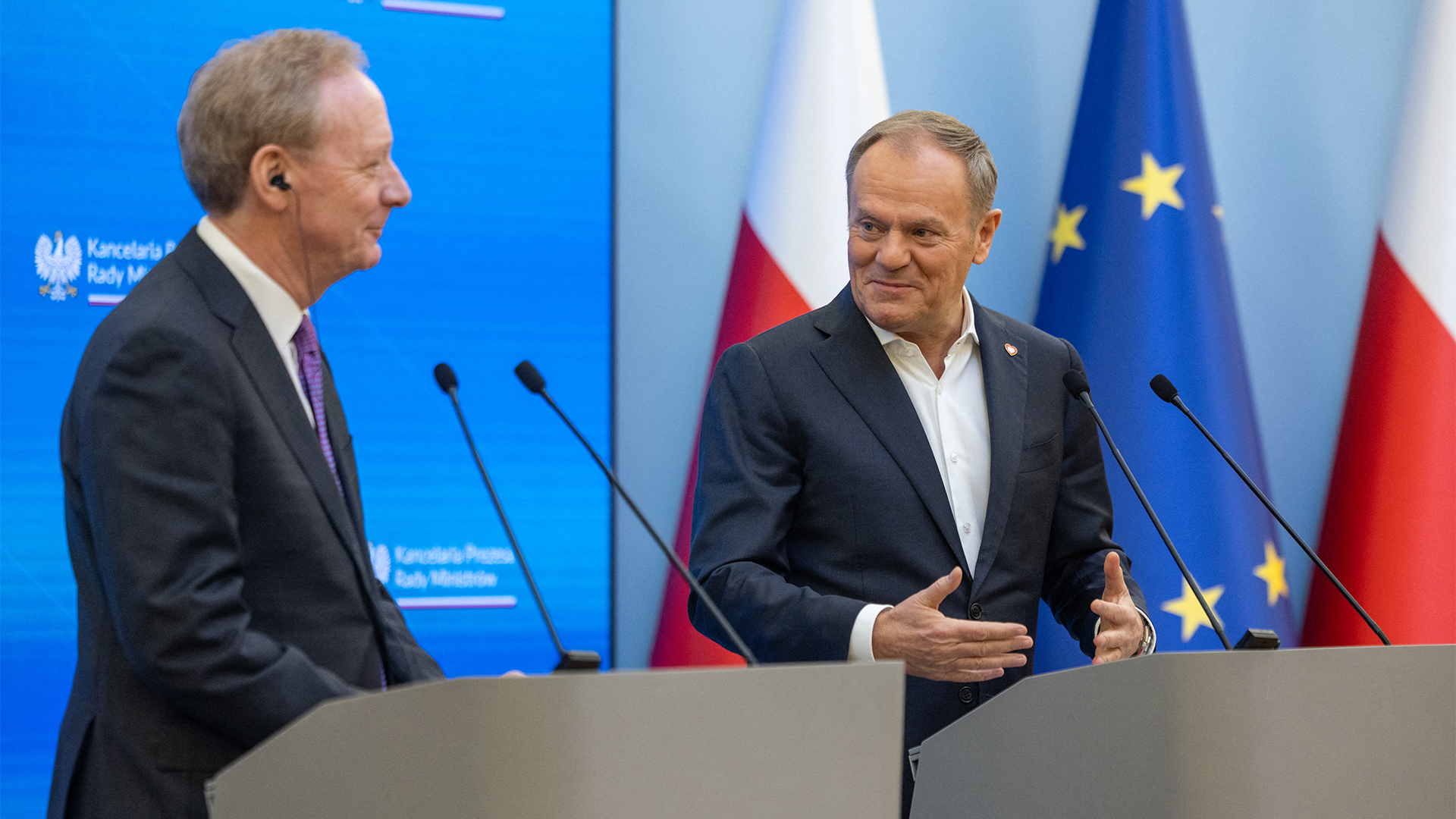 Microsoft invests $700 million to bolster cybersecurity and infrastructure in Poland
Microsoft invests $700 million to bolster cybersecurity and infrastructure in PolandNews Microsoft has announced plans to invest more than $700 million to support AI and cloud infrastructure expansion in Poland alongside cybersecurity support.
By Emma Woollacott Published
-
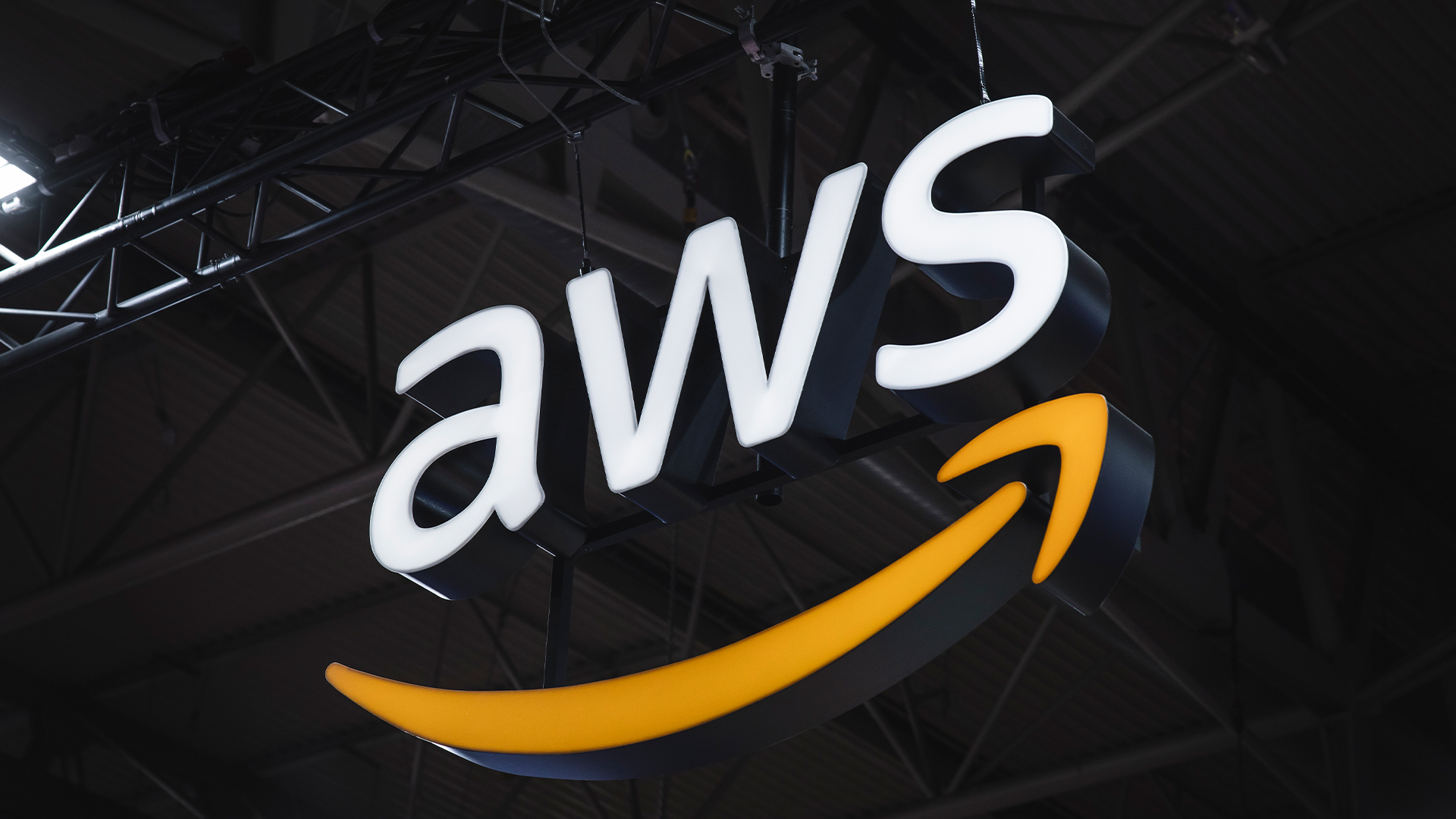 AWS eyes ‘flexible’ data center expansion with $11bn Georgia investment
AWS eyes ‘flexible’ data center expansion with $11bn Georgia investmentNews The hyperscaler says the infrastructure will power cloud computing and AI growth
By Nicole Kobie Published
-
 Ireland has become a “data dumping ground” for big tech
Ireland has become a “data dumping ground” for big techThe sharp increase in data center projects may be threatening Ireland's net-zero aspirations
By Nicole Kobie Published
-
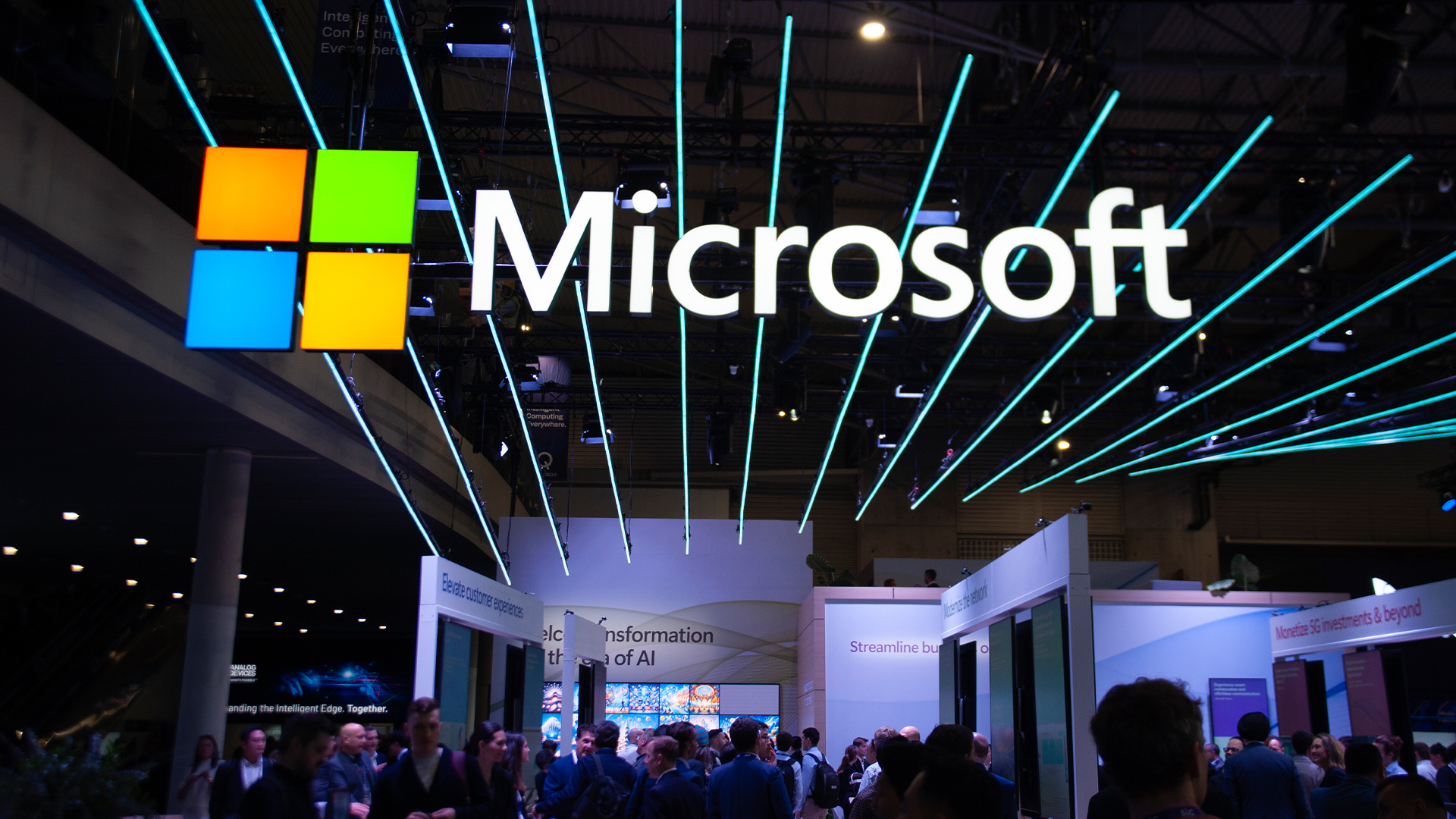 Data center water consumption is skyrocketing, but Microsoft thinks it has a solution – the company's new closed-loop cooling system consumes zero water and could save millions of liters per year
Data center water consumption is skyrocketing, but Microsoft thinks it has a solution – the company's new closed-loop cooling system consumes zero water and could save millions of liters per yearNews Microsoft has revealed fresh details on its 'closed-loop' data center cooling system, which it says uses zero water.
By Solomon Klappholz Published
-
 Meta wants to join the big tech nuclear club
Meta wants to join the big tech nuclear clubNews Meta has become the latest big tech company to explore the use of nuclear energy to power data centers.
By Nicole Kobie Published
-
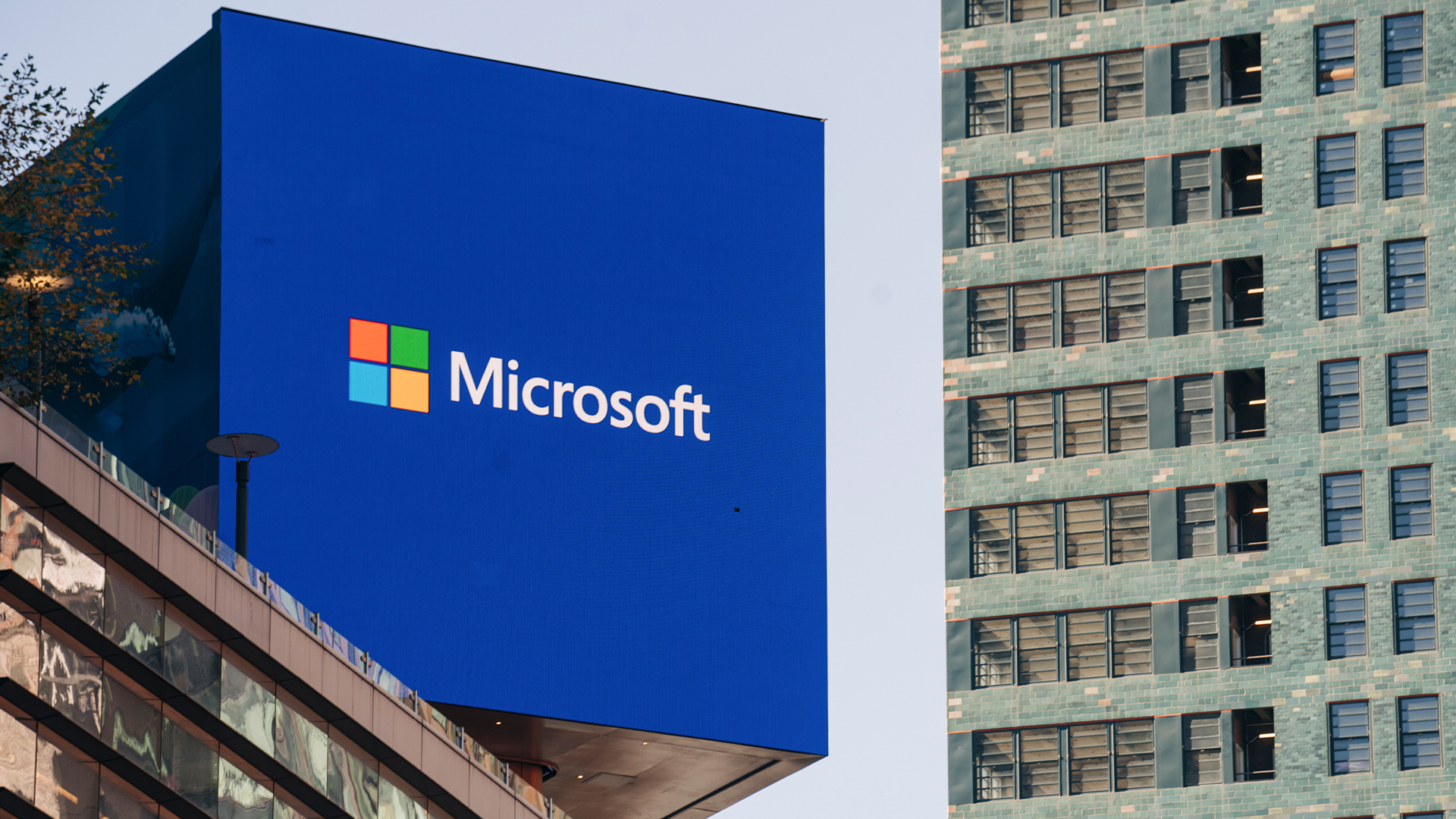 Microsoft admits users received unexpected upgrades to Windows Server 2025
Microsoft admits users received unexpected upgrades to Windows Server 2025News Admins spotted last week that Windows Server 2022 had suddenly become 2025
By Nicole Kobie Published